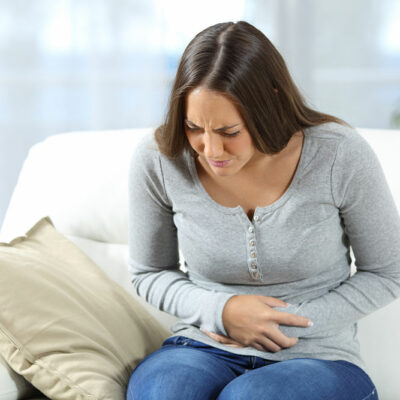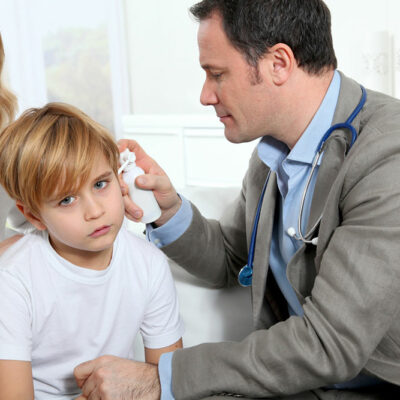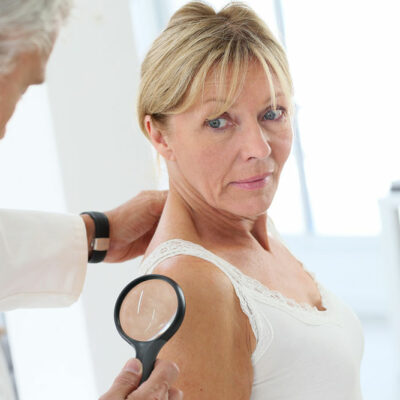
Things to know about PCOS
Polycystic Ovary Syndrome (PCOS) is a condition that affects women; it is characterized by high androgen levels, irregular menstrual cycles, and small cysts in both ovaries. PCOS is a common health condition and therefore is found in almost 7% of the adult women population as per a study by NCBI. Additionally, most women are affected by PCOS in their childbearing age in the country.
PCOS is also responsible for alterations in the levels of multiple hormones in the body, which results in affecting the main body systems. The alterations in the levels of hormones also include hyperandrogenism, where the body produces excess male sex hormones (androgens) because of PCOS. This often leads to excessive body hair growth, male pattern baldness, and acne.
Complications caused by PCOS
Another biological phenomenon that is affected by PCOS is the menstrual cycle. Abnormal levels of androgens and other sex hormones prevent the ovaries from releasing egg cells, which alters the menstrual periods, which sequentially leads to difficulty in conceiving a child or may cause infertility in women. Women who conceive despite this condition still have an increased risk of miscarriage due to PCOS. Therefore, for women who have PCOS and are pregnant, it is important to take extra care during pregnancy. Additionally, women with PCOS also have an increased risk of cancer due to hormone abnormalities and irregular and infrequent menstruation.
Causes of PCOS
PCOS is a result of multiple causes that include genetic inheritance, health, and lifestyle choices. The genetic causes include common variations in some genes that increase the risk of developing polycystic ovary syndrome in women. As the variations in genes are common, they can be found in women with and without PCOS. Upon learning about the combination of variations in genes, health, and lifestyle, doctors can determine a woman’s likelihood of developing PCOS.
Symptoms of PCOS
Some women experience PCOS symptoms from their very first period, while other women discover their symptoms as they gain weight. There are various symptoms mentioned below that one should know about:
- Irregular periods – fewer periods
- Heavy bleeding
- Persistent acne
- Trouble conceiving
- Darkening of the skin
- Facial hair growth
- Male-pattern baldness
- Headaches
Effect of PCOD on the body and mind
Like most diseases, PCOS also has negative effects on the body. In the case of PCOS, the negative effects are caused by the higher-than-normal androgen levels in the body and its impact on a woman’s fertility and other aspects of health. Some common effects on the body and mind are mentioned here:
- Infertility: Ovulation is important in order to get pregnant. PCOS interferes with a woman’s ovulation, leading her to infertility.
- Metabolic syndrome: Over 80 percent of women who have PCOS are overweight and have increased high blood sugar, and they are also affected by blood pressure.
- Depression: Hormonal changes not only impact the body, but they also affect the mind. Therefore, most women who suffer from PCOS suffer from different levels of depression and anxiety.
- Sleep apnea: Sleep apnea is a result of being overweight. Since PCOS causes obesity in most women, it subsequently causes sleep apnea as well.
- Endometrial cancer: Ovulation is important for women as the uterine lining sheds with each ovulation. However, due to PCOS and its interference with the ovulation cycle, the lining that is supposed to shed every month doesn’t happen, which leads to a thickened uterine lining. This thickened uterine lining can further increase one’s risk of being affected by endometrial cancer.


